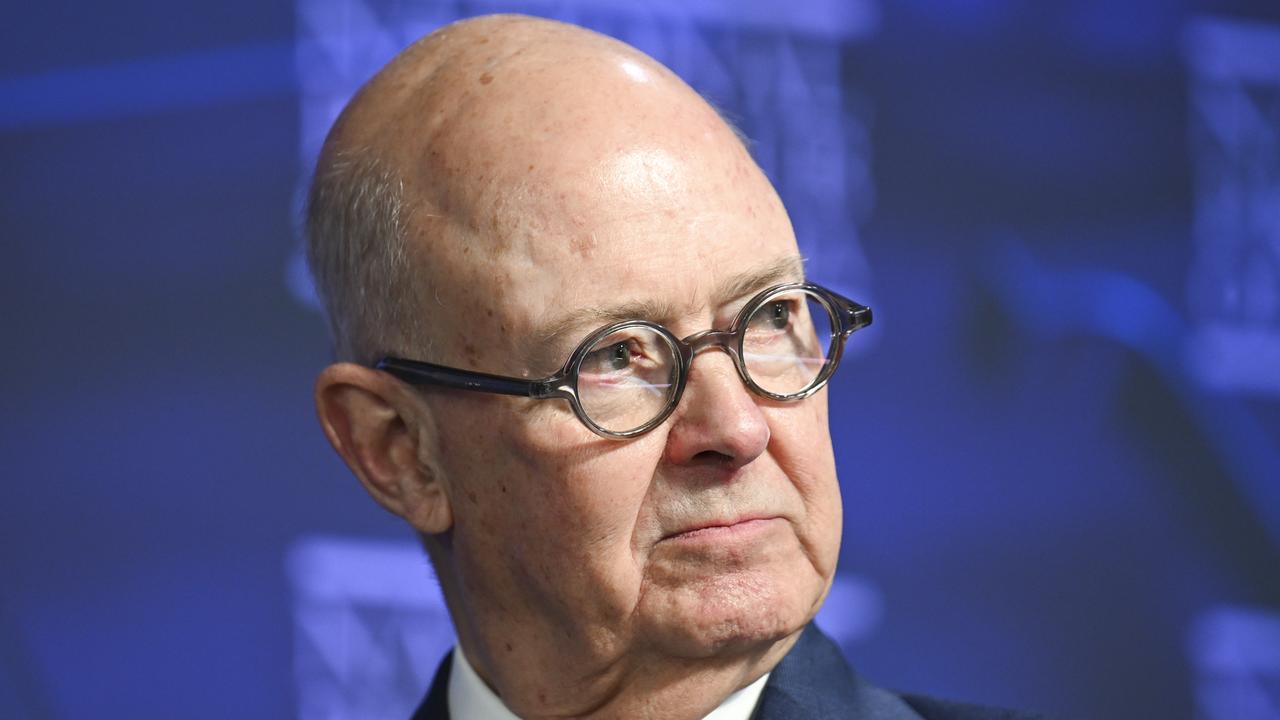Big tech will feel the big stick of new online rules

Recent reports in The Australian that Facebook buried internal research about risks faced by young people on its Instagram platform were disappointing – but, frankly, not particularly surprising.
For several years the federal government has made online safety a priority. And for several years we have faced resistance from the big tech companies.
We came to power in 2013 promising to set up a new watchdog, the Children’s eSafety Commissioner. Facebook and other big tech companies argued against it, but we passed the legislation and set up this new office in 2015.
Since then, the watchdog’s responsibilities have expanded and it has been renamed the eSafety Commissioner. In June we passed a new Online Safety Act. Disappointingly, the big tech companies again lobbied against many of the measures contained in the act.
But the federal parliament saw the need for greater protections, so the new act has passed and will come into force next January, giving the eSafety Commissioner extra powers to hold the online platforms to account.
The days when these platforms could generate rivers of gold in Australia without providing proper safety controls are over.
The work of the eSafety Commissioner has been very important in highlighting the risks faced by Australians online. The watchdog’s data casts light on the kinds of risks faced by children and young people, particularly young women.
Thirty per cent of young social media users report being contacted by strangers. More than a fifth report feeling excluded by their cohort on social media.
Most reports of image-based abuse – the unauthorised sharing of intimate images – involve a female victim. Women aged 18 to 24 are likelier to be targets and one in four reports involves someone under 18.
Of the hundreds of complaints about serious cyber-bullying targeting children made to the eSafety Commissioner in 2019, more than 60 per cent related to cyber-bullying material targeting girls.
We already know these online harms can have serious consequences for the mental health of young people; the research Facebook apparently wanted to leave in the bottom drawer seems consistent with eSafety’s findings.
The Online Safety Act includes important new protections against the cyber-bullying of children and cyber abuse of adults, the non-consensual sharing of intimate images, and access to harmful content such as child sexual abuse material and abhorrent violent material.
It also gives the minister of the day the power to issue a set of basic online safety expectations. This will be an important tool to press the big tech platforms to take more responsibility in keeping their users safe.
As The Australian’s recent story highlights, big tech understands very well the harms its users are exposed to; the new legislative framework will keep companies up to the mark in doing something about it.
The online platforms will be required to report on how they are keeping users safe. If they fail to provide the reports required, the online platforms will face hefty fines of up to $555,000.
We have been consulting closely with Australian families on what they would want to see in the basic online safety expectations, which I plan to issue early next year. Based on what we have heard so far, the kinds of things I am likely to specify will include safeguards to prevent children accessing R18+ content; measures to prevent unlawful or harmful material on anonymous accounts; and requiring the big online platforms to take steps against cyber-bullying and image-based abuse.
Giving eSafety new legislative powers is one thing; we are also backing its work with substantial funding: more than $125m across the next four years. eSafety Commissioner Julie Inman Grant, a former executive at Twitter and Microsoft, is a respected voice globally for a safer internet. She has pressed the digital sector to adopt a “safety by design” approach so, as new products are developed and introduced, user safety is thought about and designed into the product from the outset.
This is what we expect of global carmakers such as Toyota and Volkswagen and we should expect the same thing of global digital platforms such as Facebook, Twitter, Google and TikTok.
Using the internet is part of modern life and it is a wonderful educational, economic and social resource.
For parents worried about dangers their children may face online, eSafety is a source of useful tips and advice. These include resources to assist parents in dealing with body image and mental health problems that may affect their children online. As these resources highlight, there are practical steps parents can take.
But there are also safety obligations that sit squarely with the big online platforms. The government expects the platforms to meet their obligations. And we are backing that expectation with the force of law.
Paul Fletcher is Communications, Urban Infrastructure, Cities and the Arts Minister.





